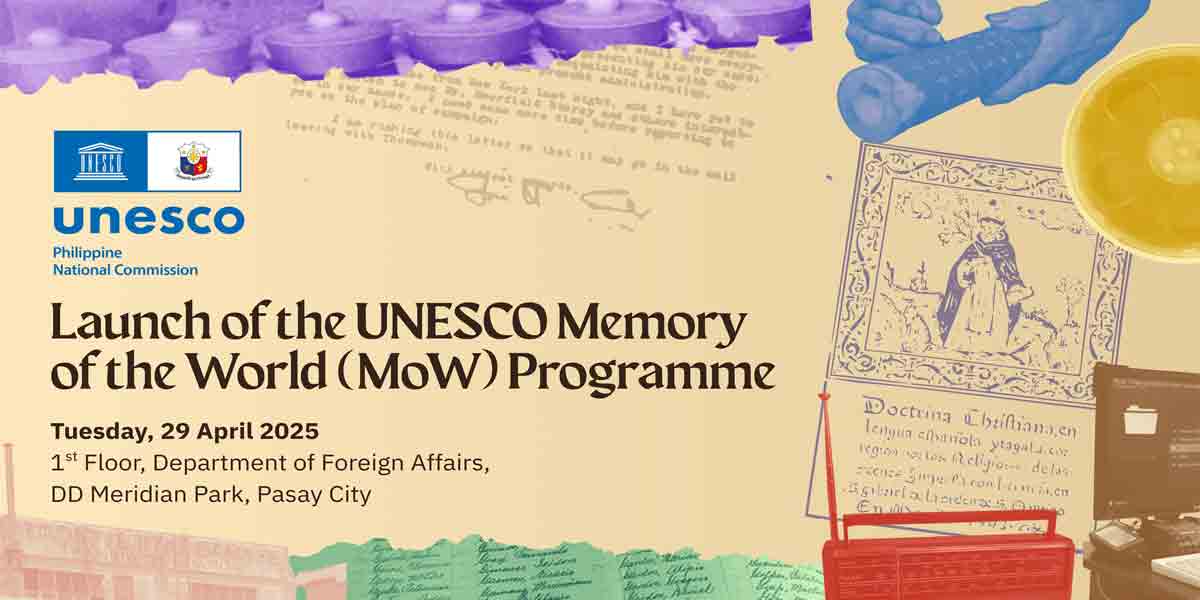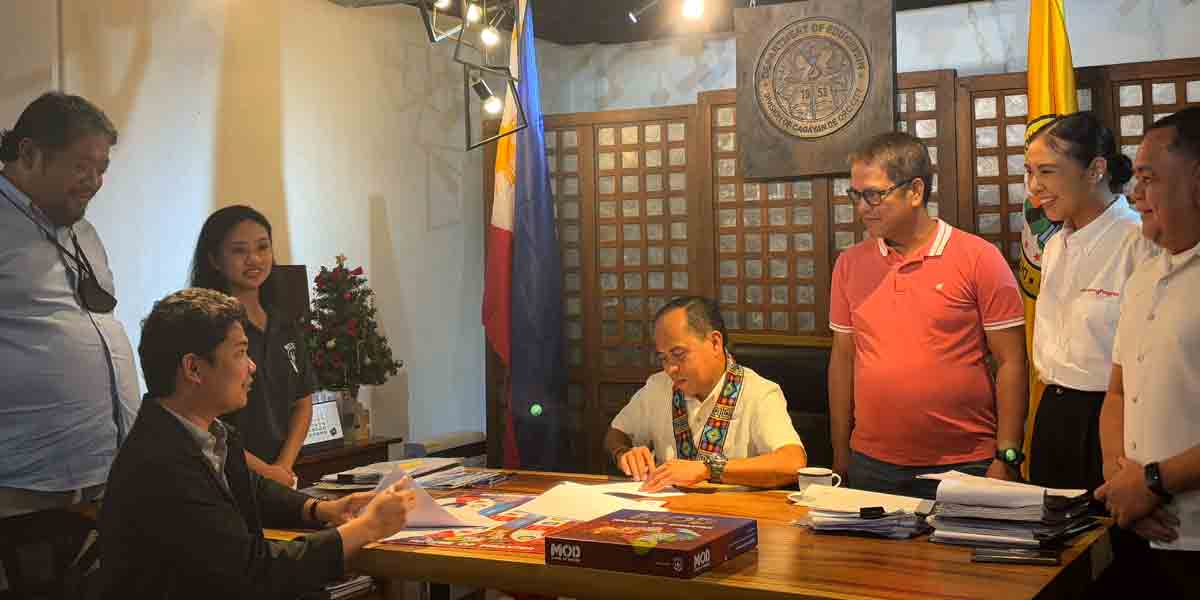
By: Juan Jeiel Edillon
To unite national policy on Sustainable Consumption and Production (SCP), the National Economic and Development Authority (NEDA)will launch the Philippine Action Plan of Sustainable Consumption and Production (PAPSCP) in the upcoming Economic and Financial Literacy Week in the second week of November 2019.
According to NEDA Under Secretary General Rosemarie Edillon, existing SCP laws like the Ecological Solid Waste Management Act or Republic Act 9003 have not been implemented properly due to the lack of a unifying policy.
“There really is a need for a comprehensive legal and regulatory framework for these. Local Government Unit (LGUs) should actually have a sanitary landfill. Now the problem is a lot of LGUs still are not able to have sanitary landfill. Some of them they really do not have the space for a sanitary landfill, and for others, they do not have the funds,” Edillon said.
At the consumer Congress last October 25, NEDA presented that the goal of SCP is that “more Filipinos consume and produce green good and services to accelerate the shift towards sustainable, and climate-smart practices and lifestyle.
“We want people to internalize the problem of climate change,” Edillonadded.
To achieve this goal, the PAPSCP will provide a framework that would provide a policy and regulatory mechanism, infrastructure, Research and Development, and education and promotion for the implementation of all future policies on SCP.
“The successful implementation of the action plan on SCP requires several things, which we can break down into good governance, cooperation, and funding,” according to one of the action plan’s researchers, Dr. Agustin Arcenas.
Arcenasalso elaborated on good governance as the proper implementation of and enforcement of SCP laws and policies, cooperation as engagement and collaboration of all sectors of society, especially LGUs and private sector; and funding to keep SCP laws and policies running.
Climate Change Commission-National Panel of Technical Experts (CCC-NPTE) member, Lourdes Tibig suggested that an assessment of the climate-change related impact and vulnerabilities of the different sectors should be done first before the action plan can be effectively implemented.
“Impact pathways and adaptation to impacts of climate change should be carefully assessed, planned, and implemented,” Tibigsaid.
CCC’s most recent climate change observations in 2019 found that the Philippines has experienced more tropical depressions, heavy rains, which led to floods and landslides, and El Niño droughts, which led to massive crop failure, forest fires, and water shortages.
“We are going to host a plenary session during the Philippine Economic Society Annual Meeting; and it’s really about launching the Philippine Action Plan of Sustainable Consumption and Production,” says USec. Edillon.





















